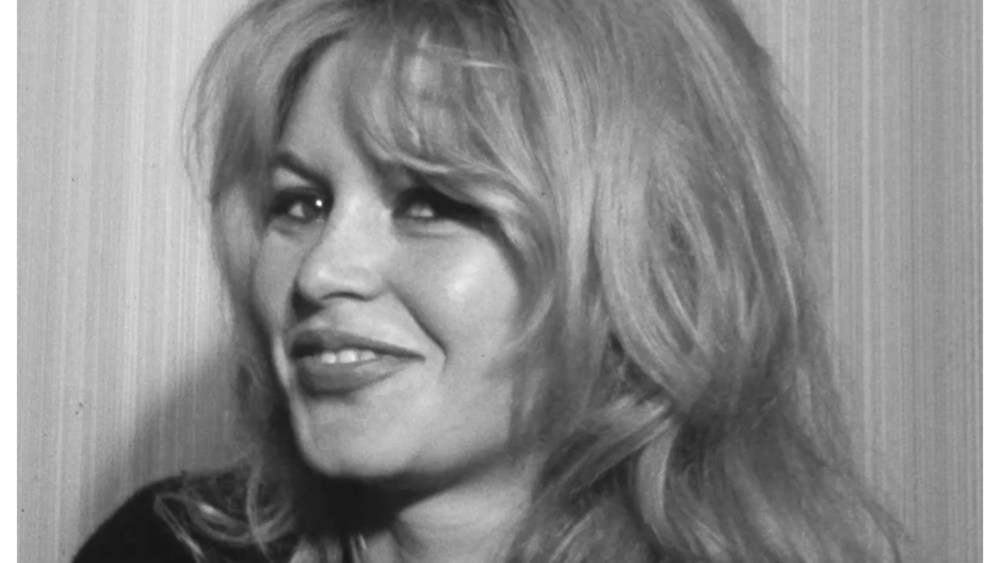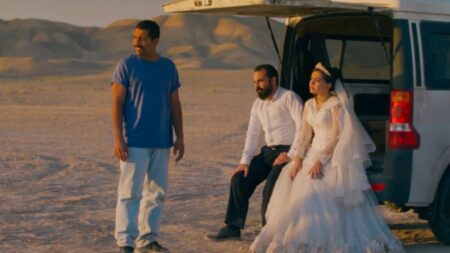Brigitte Bardot reflects on the stardom she escaped from more than 50 years ago in “Bardot” the doc about the iconic French actor, singer and animal rights activist directed by “Ma Vie en Rose” helmer Alain Berliner that recently launched from the Cannes Film Festival.
But Bardot, who in 1973 retired at the age of 39 having become the first French movie star to achieve worldwide fame, remains “a very mysterious person,” says Berliner. Still, she opened up enough in the doc for Berliner to feel that he managed to accomplish his vision of “not having an outside narrator, but have Brigitte Bardot be the one who tells the story,” he adds.
Now aged 90, Bardot opens up the gates of her La Madrague estate in Saint-Tropez, where she lives surrounded by horses, dogs, geese and donkeys and speaks candidly, especially when it comes to her love for animals. But she also speaks for the first time on camera about her son, and only child, Nicolas-Jacques Charrier, who was mostly raised by his father.
The doc kicks off with an early archive interview in which a doe-eyed 22-year-old Bardot with pouty lips is asked if she wants to continue making sexy films or would prefer being a “serious actress” to which she responds: “I will be a serious actress when I’m older.”
Born in Paris in 1934 into an affluent family, Bardot did not have a happy childhood and rebelled against her strict upbringing by marrying French filmmaker Roger Vadim when she turned 18. Vadim turned her into a global sex symbol with his 1956 film “And God Created Woman” in which she played a young married woman on a quest for sexual freedom who challenged the values of French society.
“She helped Vadim become Vadim and he helped her become BB,” says Berliner. Elora Thevenet, who served as the doc’s co-writer and co-producer, pointed out that “Bardot was the one paying the bills which was quite unusual in the bourgeois milieu she was raised in.”
Bardot also caught the attention of French intellectuals. She was the subject of Simone de Beauvoir’s 1959 essay “The Lolita Syndrome,” which described her as a “locomotive of women’s history,” and built on existentialist themes to declare her the first and most liberated woman of post-war France.
But beware of calling Bardot a feminist today. She is certainly not a supporter of the #MeToo movement. In a rare television interview Bardot recently spoke out in support of Gérard Depardieu, days after the actor was convicted of sexually assaulting two women during a 2021 film shoot. Depardieu has refuted the accusations. This is a position Bardot shares with other French female stars of her generation such as Fanny Ardant and Catherine Deneuve.
“She insists very much that she likes men, and she’s not against them,” says Berliner. “She does not want to be considered a feminist, even though she has lived like one. And I think that’s proof of the fact that Bardot is a free-thinker,” he adds.
By the time Bardot retired from showbiz in 1973, she had acted in 47 films, performed in several musicals, and recorded more than 60 songs.
Notable contributors to the “Bardot” doc, which is being sold internationally by Fremantle, include Stella Mcartney, Naomi Campbell, Marina Abramović and Brigitte Bardot’s husband, Bernard d’Ormale, who is a prominent member of the far-right French political party Front National.
Read the full article here








